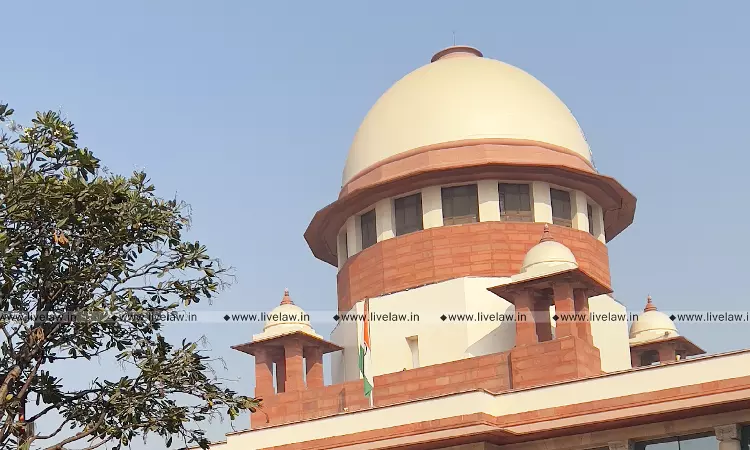S. 45 Evidence Act | Opinion Of Handwriting Expert Must Be Treated With Caution : Supreme Court
Yash Mittal
5 March 2025 3:55 PM IST

Next Story
5 March 2025 3:55 PM IST
The Supreme Court observed that while expert evidence may not always require corroboration, courts must exercise caution when relying on expert testimony particularly the handwriting expert due to the imperfect nature of the science of identification of handwriting. The bench comprising Justices Vikram Nath and Sandeep Mehta heard the case where the Appellant challenged his conviction...
